Sometimes at night, when my daughter is sleeping and the day is drawing to a close, I find myself crying in the shower, trying to process all the triggers and traumas of racism I’ve encountered.
I’m a legal professional in the corporate world, and in my spare time I volunteer to help my people. That work can be challenging, confronting even, but it’s the daily micro-aggressions in my everyday life that wear me down.
The moments when the word ‘abo’ is used in passing. The fleeting comments that are derogatory about Indigenous people. The time I was introduced with the remark: “This is Nat. She’s an abo, but she’s cool’. Or the day I was asked: ‘What percentage are you?’ only for the questioner to stare invasively at me, before adding, ‘Oh yeah, I can see it now. Your nose is the giveaway.’
The worst thing is that I can’t promise my daughter a better world. I can’t reassure her that it gets better. And I can’t stop her experiencing racism – and, in fact, at nine years old, she already has.
The worst thing is that I can’t promise my daughter a better world
I clearly remember the first time she encountered casual racism. She was just five, and she seemed quiet after school one day. I asked her if she was OK, and she wasn’t sure.
It turned out she had been teased for being Aboriginal, while simultaneously being told she didn’t <look> Aboriginal. A confusing and confronting encounter for anyone, let alone a five year old.
Another time, she returned home from school upset because a teacher had talked about “the Aborigines” while teaching the class about ‘settlement’, as though Aborigines were other, and there wasn’t one sitting in the classroom right in front of her.
So, when I saw the protests in the United States over the past week, I understood what it represented: a boiling over of pain. Indigenous people understand this pain, because it is bubbling just underneath the surface here, too.
Indigenous people understand this pain because it is bubbling just beneath the surface here, too
Speak to any Indigenous person about the police and you’ll find that we all have our own experiences, but they amount to a systemic problem.
In my advocacy work, I support families however I can, drafting bills for proposed legislation, helping out with legal assistance or a referral, or even finding accommodation or other essentials.
As a result, I am all too aware of instances of violence against our people that would never go unpunished if they involved a non-Indigenous person.
I have heard accounts of Indigenous people being stopped and searched without reason, Indigenous children being collected off the street and taken to the station, questioned for hours without parents or guardians, or being physically restrained without cause. I have heard accounts of excessive use of force and, sometimes, serious injuries or death.
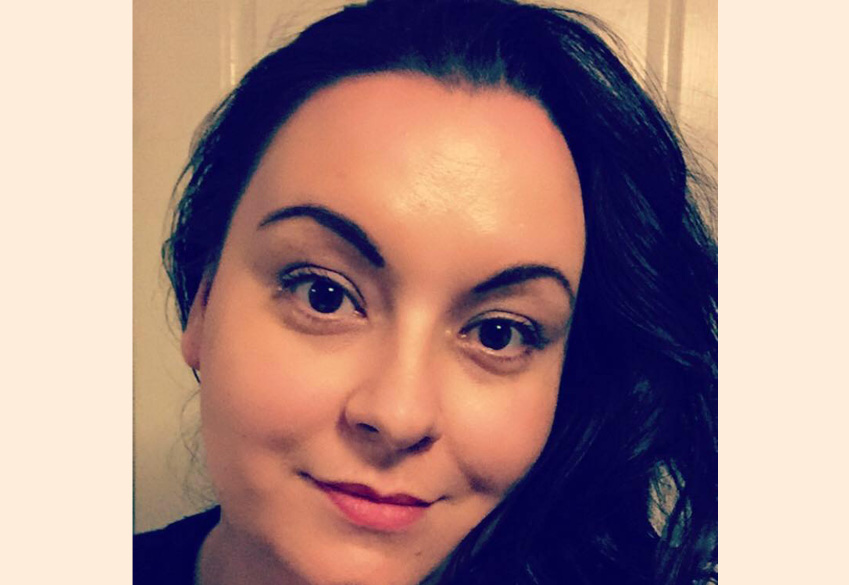

In Australia, we have a police force with expansive discretionary powers, and those powers are employed in a variety of ways by individual officers depending upon their subjective views and experience. We also have a police force that is tasked with policing itself. The vested interest is obvious – and yet we are expected to trust process and trust that justice will be served.
Aboriginal people no longer trust this justice system.
How can we trust a justice system that incarcerates a disproportionate number of Indigenous people? Aboriginal people make up two percent of Australian population yet 27 percent of the incarcerated populace. How can we trust a system that has seen the number of Aboriginal people in custody rise by 45 per cent since 2008? A justice system that so clearly measures black lives differently to white lives?
*Take Mathew Alexander, a white man who killed eight-year-old Indigenous boy Jack Sultan-Page while driving under the influence of methamphetamine and marijuana. He was given a paltry fine of $2090 for possession, an 18-month suspended sentence and six months in home detention.
*Or the unnamed white male offender who mowed down 14-year-old Elijah Doughty in 2016 – in horrific and terrifying circumstances – and who is already out on parole having served just 19 months.
*Then there’s 19-year-old Aboriginal man Zac Grieve, who was aware of but pulled out of a plot to kill a man who was domestically abusing a friend’s mother. He was sentenced to life in prison – even though he wasn’t actually present at the crime.
These are just a few examples of sentencing disparities. There are countless others.
Despite a 1991 Royal Commission into Deaths in Custody, we continue to lose black lives. In Australia, all deaths in custody trigger an inquest. However, there is a disconnect between the findings of the inquest and the justice system actually taking action. As a result, we are no longer hopeful that an inquest will result in any consequences.
Instead, the best we can hope for is vindication that a family member’s death was unnatural, and that there are people responsible for causing or contributing to that. Sadly, that’s the closest most families come to ‘justice’ in our communities.
We are no longer hopeful that an inquest will result in any consequences
As a community we have known racism since colonisation first began on this land. It is not only perpetrated by individuals but by our structures and institutions. As Dr Chelsea Bond recently said, racism in Australia is “not aberrational, it is foundational.”
It is apparent in the woeful statistics on Indigenous life expectancy, disease and suicide. It is inherent in the policies that worsen oppression, and further disenfranchise the young people and men who have lost their sense of self. Our survival was not the plan, and as such, we continue to have to fight for this survival daily.
It is time that all Australians start going further than simply not being racist themselves. It is time for people to start actively seeking out and recognising the structures and systems that support racism and inequity.
We need our allies to be present and active; to join calls for justice by joining protests around the country; to write to and call parliamentarians to push for change; to vote in a way that does not support our continued oppression.
We need our allies to use their privilege to join us in calls for structural reform and real consequences for racist violence.
Will you?




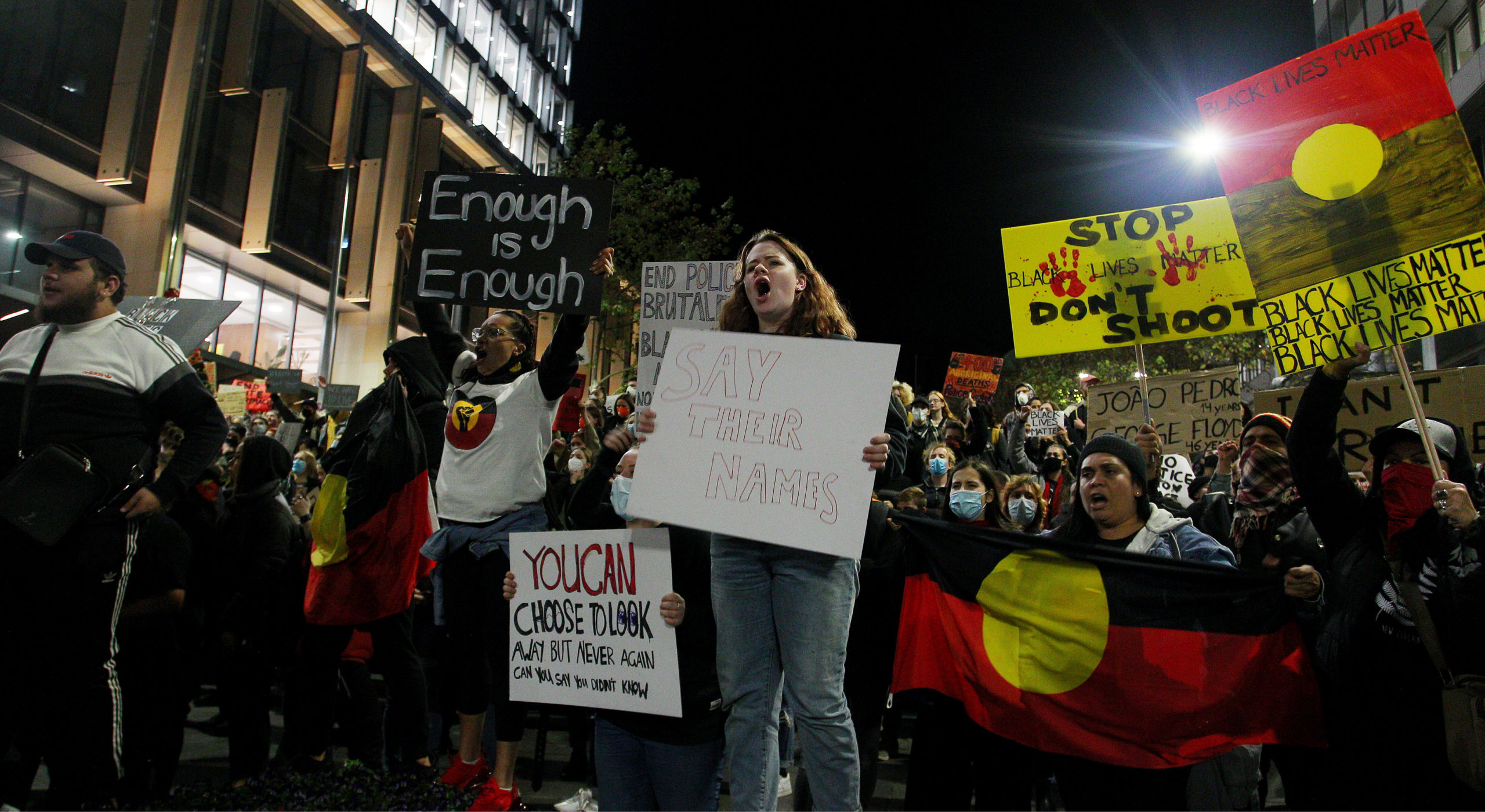
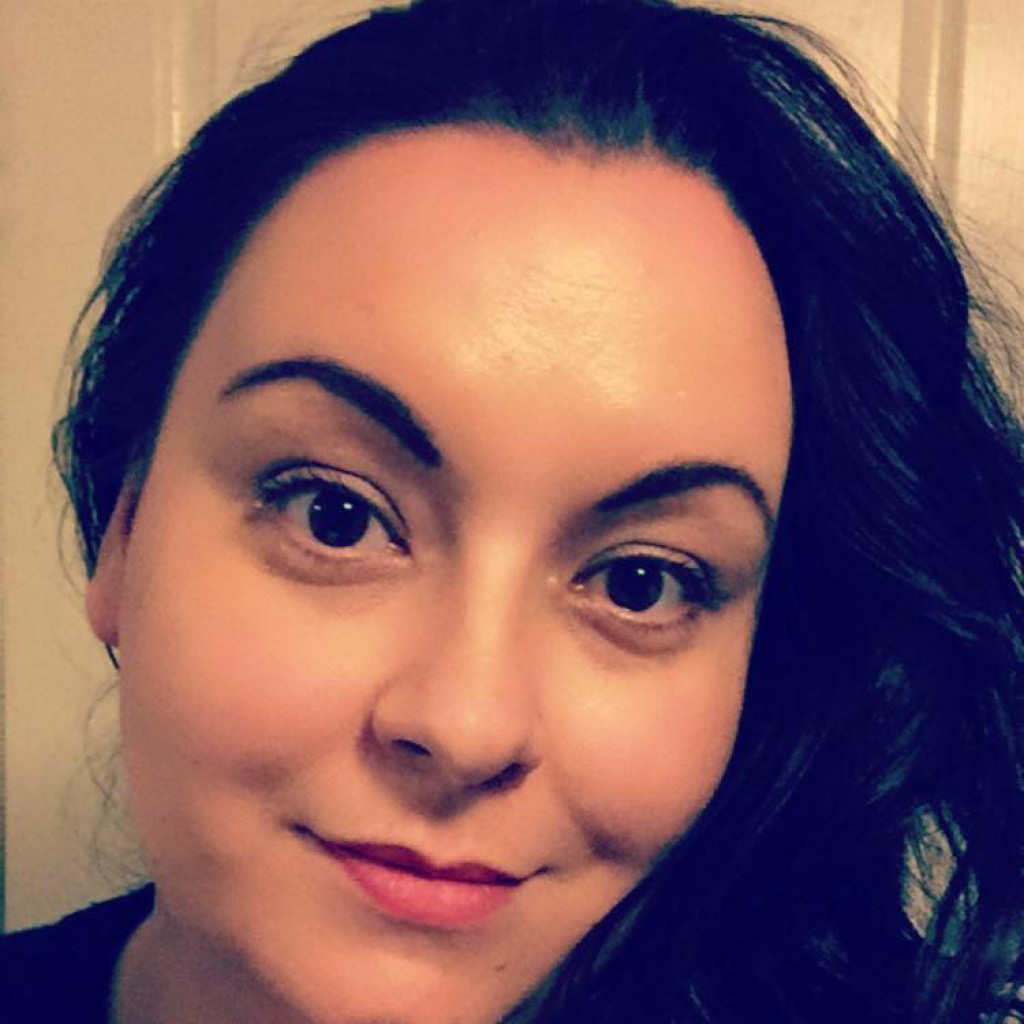

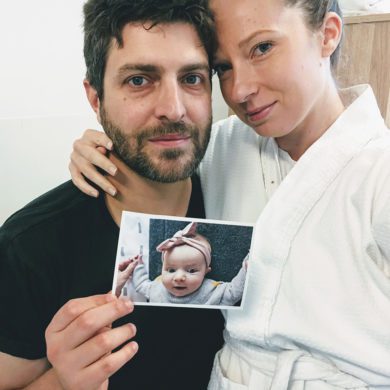
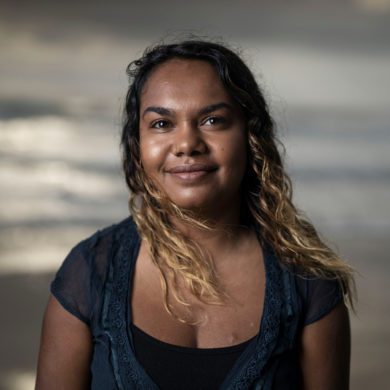
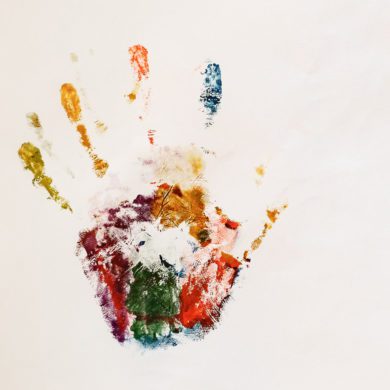
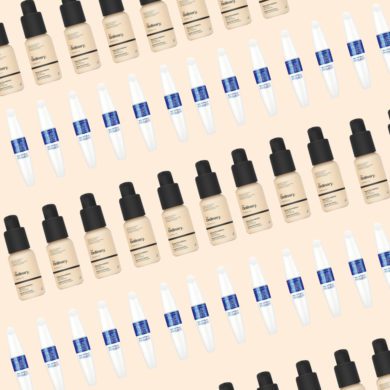


No Comments